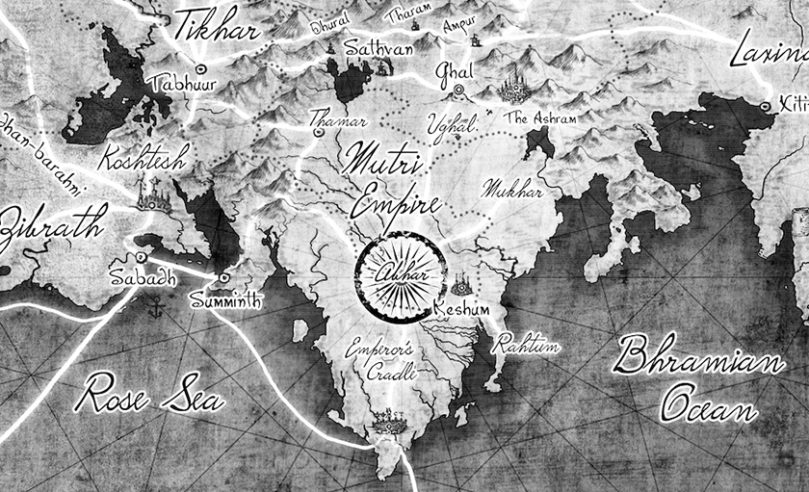
Map-i-matical Considerations from R.R. Virdi
Is it really a Big Epic Fantasy Book if there’s no map to be seen? R.R. Virdi, author of The First Binding, says NO WAY!

Is it really a Big Epic Fantasy Book if there’s no map to be seen? R.R. Virdi, author of The First Binding, says NO WAY!

Are you looking for a book that’ll give you the good, cathartic cry you need? Heart wrenching, beautiful, and all around spectacular? Don’t worry, we have exactly the books for you. Check out our recommendations here!

The Freedom Race, Lucinda Roy’s explosive first foray into speculative fiction, is a poignant blend of subjugation, resistance, and hope. Read an excerpt here.

What would your first reaction be if you ran into a clone of yourself? Some might say ‘murder,’ but Sarah Gailey, author of The Echo Wife, would like you to consider some options before leaping straight to homocide. Check out their thoughts here!
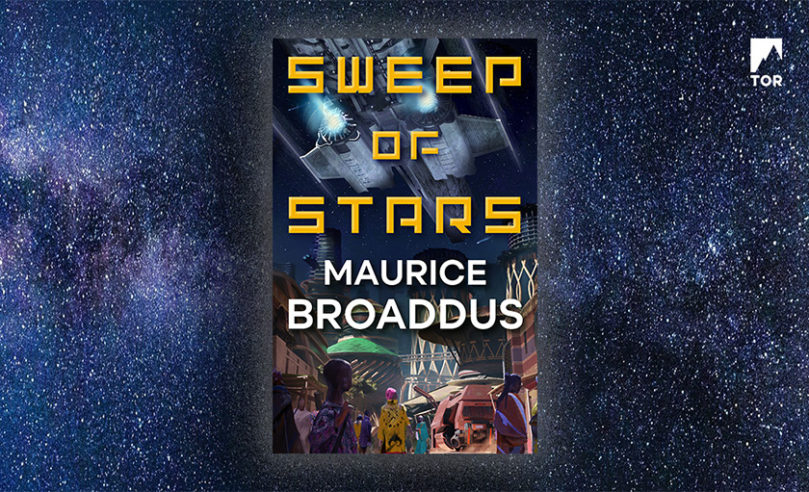
Sweep of Stars, the first in a brand-new trilogy that explores the struggles of an empire, hits shelves everywhere on 3/29 and we cannot wait for this book to get into your hands. To help prepare us for this epic new journey, author Maurice Broaddus joined us on the blog to talk more about the journey around writing this new series. Check it out here!
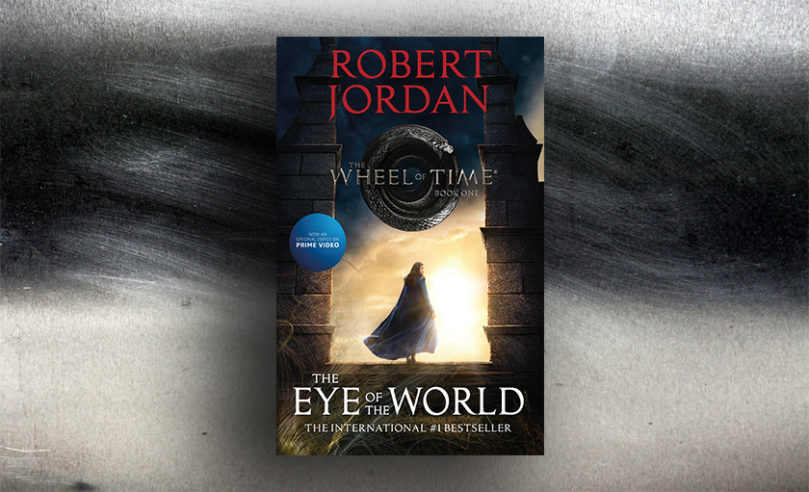
Please enjoy this free excerpt of The Eye of the World, Chapters 7-8.
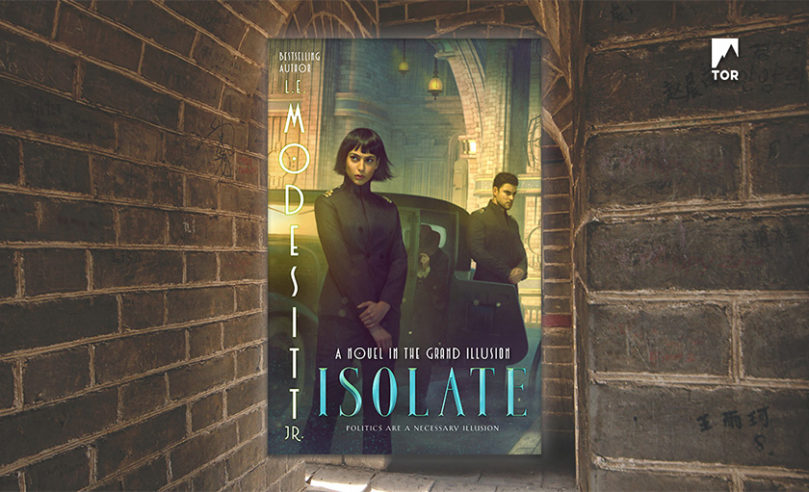
Please enjoy this free excerpt of Isolate by L. E. Modesitt, Jr., on sale 10/19/2021.

Our Tor Essentials line was created to give readers new editions of science fiction and fantasy titles that have stood the test of time, and to bring back ones current SFF fans might have missed out on in the past. Check out every Tor Essentials title here!
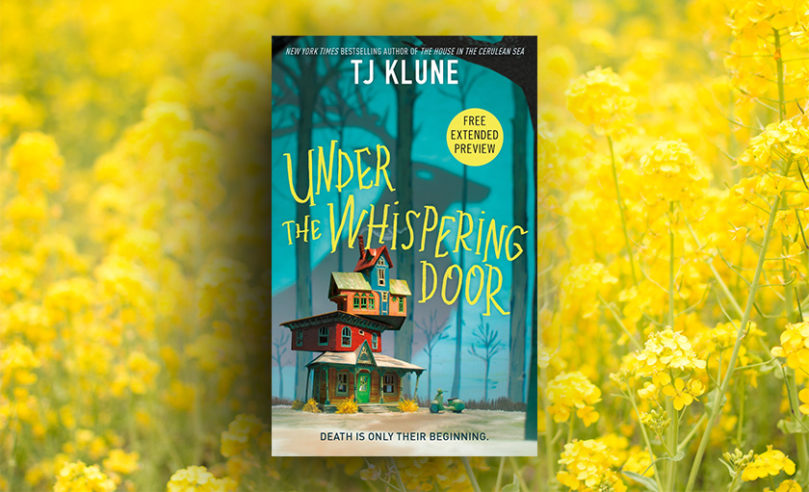
A Man Called Ove meets The Good Place in this delightful new queer love story from TJ Klune, author of the New York Times and USA Today bestseller The House in the Cerulean Sea. Download a FREE sneak peek today!

We are SO HYPED that we got to bring you our third annual Dragon Week, voted by you and thus named Dragon Week: TOKYO DRIFT!!!! So what’s happened in this most glorious of weeks? Check out the roundup below!